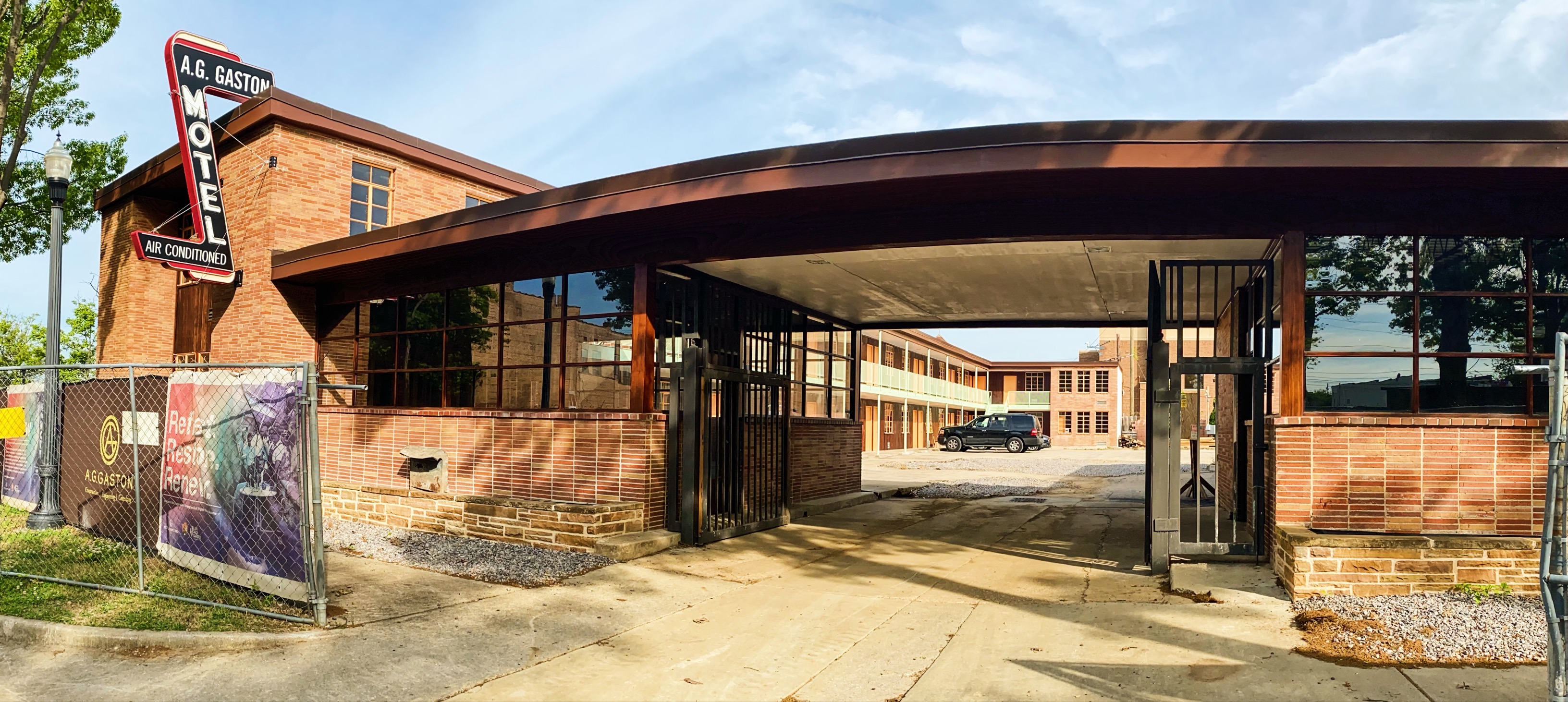News Release

|
Subscribe
|
Contact: Kathryn Gardiner, 205-568-3963
BIRMINGHAM, Ala. – Today, the National Park Service (NPS) began seeking public input to support development of a General Management Plan (GMP) for the Birmingham Civil Rights National Monument. Places integral to the Birmingham Civil Rights National Monument include 16th Street Baptist Church, The Historic Bethel Baptist Church, St. Paul United Methodist Church, Birmingham Civil Rights Institute, Kelly Ingram Park, the Masonic Temple Building, and the A.G. Gaston Motel. Only the A.G. Gaston Motel is owned and managed by NPS, in partnership with the City of Birmingham.
“General Management Plans set the long-term direction of a national park while defining the conditions necessary to optimally preserve resources, manage operations and provide for visitor use and enjoyment,” said Kristofer Butcher, superintendent at Birmingham Civil Rights National Monument. “Civic and stakeholder involvement in this process is vital and we are eager to hear from the public, with whom NPS shares its stewardship mission.”
The NPS is soliciting feedback on a series of questions included within a newsletter located on the project website to assist with planning for the park’s future and identifying preferred interpretive and educational experiences. Initial public commenting on the GMP runs from June 7 to July 10 and includes opportunities to submit written comments and participate in virtual public meetings held on June 16, 1-3 p.m. (CT) and June 17, 6:30-8:30 p.m. (CT).
During the meetings, the NPS will share information about the GMP process, including the criteria that will be used to develop various alternatives, and answer participants’ questions. The meeting presentations will be identical, and attendees are encouraged to join during the most convenient time slot offered. Register to attend at: https://linktr.ee/BICRGMPMeetings.
Written comments may be submitted:
Online (the preferred method)
Visit https://parkplanning.nps.gov/BICRGMP
Select “Open for Comment” on the left menu bar, scroll down to the bottom of the page to open and read the civic engagement newsletter, then click on the green “Comment Now” button on the left menu bar to access the online commenting form; or
By Email, send comments to:
e-mail us; or
By Postal Mail, send comments to:
Superintendent Kristofer Butcher
Attn: Birmingham Civil Rights National Monument General Management Plan
National Park Service
1914 4th Ave N., Suite 440
Birmingham, AL 35203
A final public comment period will be offered upon release of the draft GMP, which is expected this coming winter. Additional information about the GMP is available online via the GMP project website at: https://parkplanning.nps.gov/BICRGMP.
For more information, please e-mail us.
In 2017, Birmingham Civil Rights National Monument was created to collaborate with local organizations in commemorating the nonviolent struggle to dismantle racial segregation and discrimination in Birmingham, AL, during the 1950s and 1960s. Budding direct-action movements, such as sit-ins and marches, inspired individuals such as Fred Shuttlesworth, a local Birmingham Reverend and civil rights activist. He invited Dr. Martin Luther King Jr. to co-lead a similar movement in Birmingham during the spring of 1963, which they called Project C. Images of snarling police dogs unleashed against non-violent protesters and of children being sprayed with high-pressure hoses appeared in print and television news around the world. The episode sickened many, including President John F. Kennedy, and elevated civil rights from a Southern issue to a pressing national issue. These efforts paved the way to the Civil Rights Act of 1964, a huge victory towards leading the nation to better living up to its promise of liberty and justice for all. Within the monument are several prominent historic places. Of these, only the A.G. Gaston Motel is directly managed by the National Park Service. The National Park Service owns one half of the motel complex and manages it in partnership with the City of Birmingham, which owns the other half. Other related and integral places to telling this civil rights story include the 16th Street Baptist Church, Birmingham Civil Rights Institute, The Historic Bethel Baptist Church, St. Paul United Methodist Church, Kelly Ingram Park, and the Masonic Temple Building. Learn more at www.nps.gov/bicr/, and on Facebook.
Last updated: September 17, 2021
